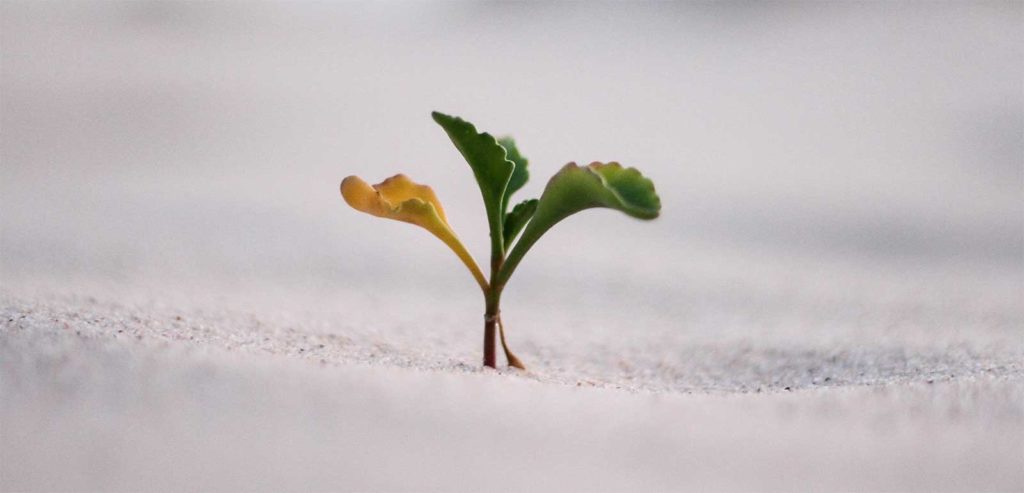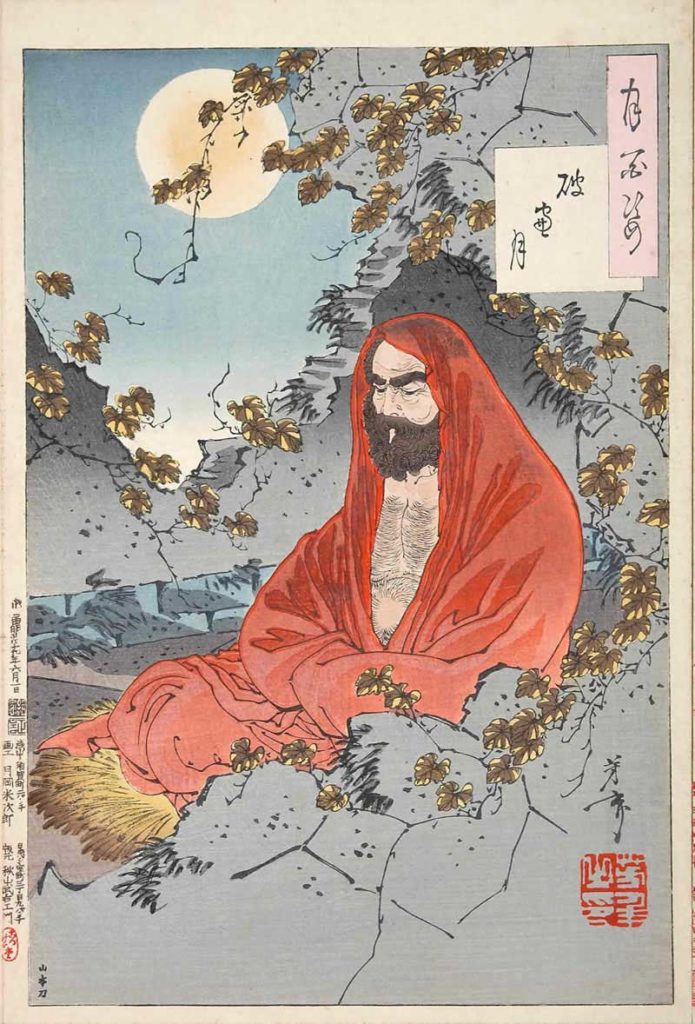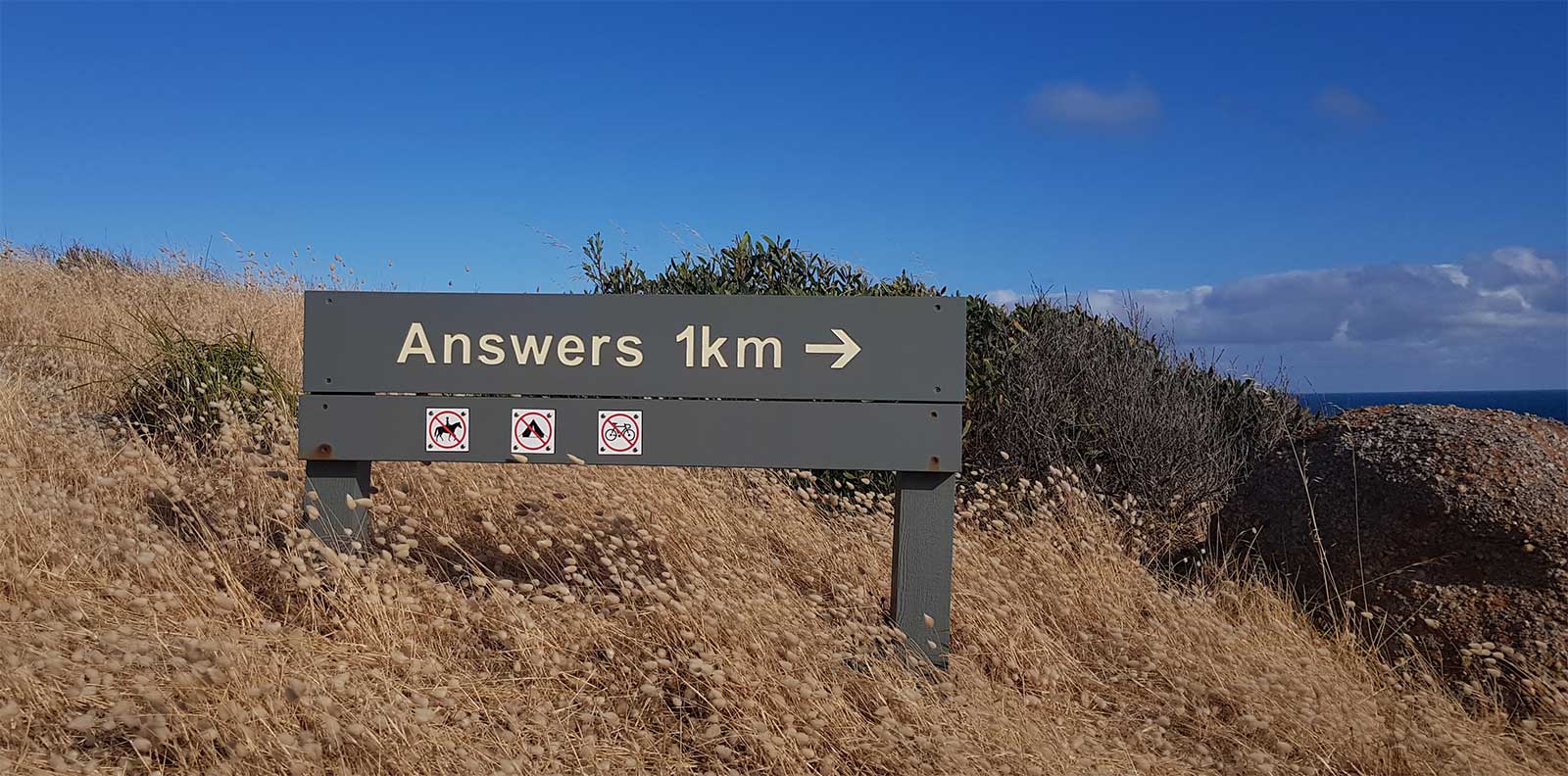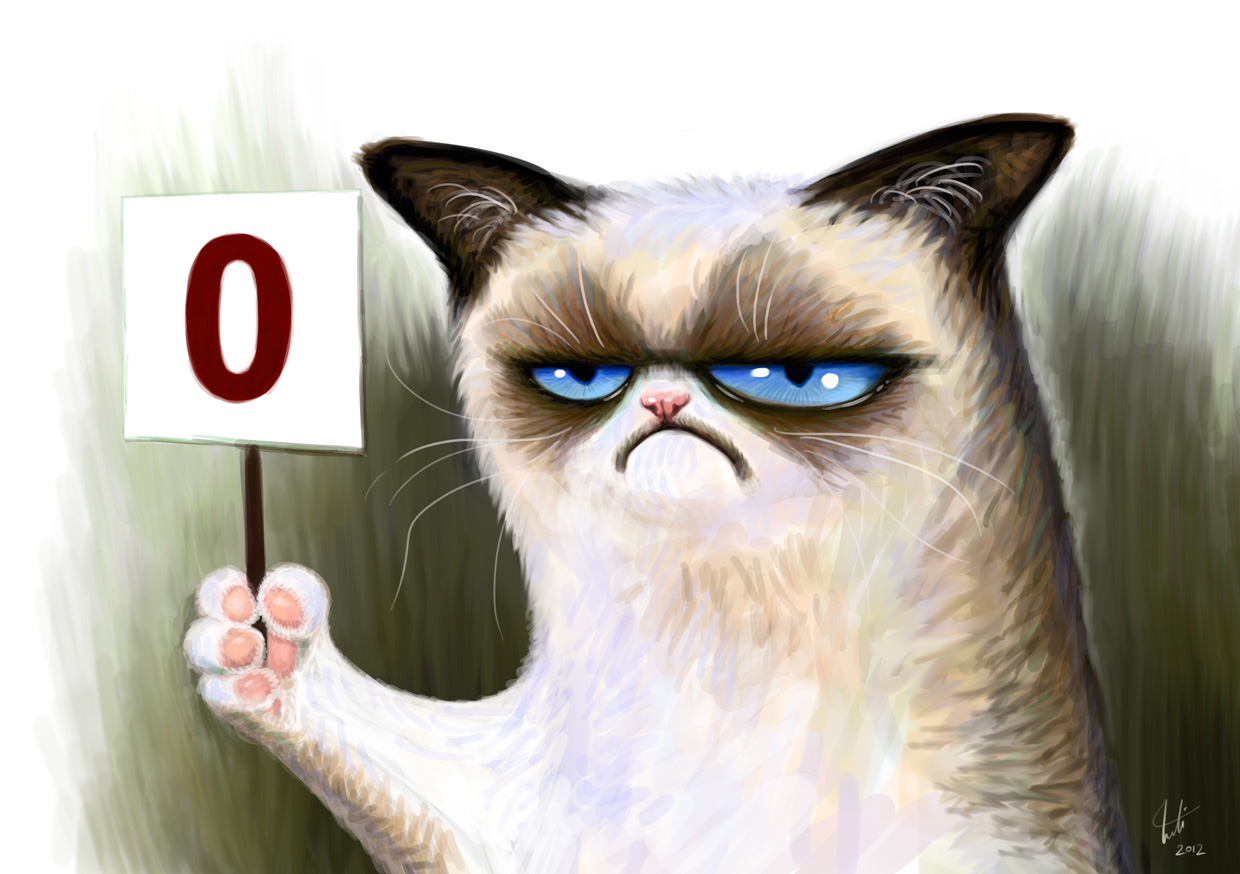Asking good questions that might lead to clarity in oneself. Then giving complete attention to finding out both the question and potential answers. Who knows what valuable insight is there for reaping?
I’m not asking people to be rigorous like using the scientific method to examine all manner with graphs and data that is of interest but a place to start from.
This post is the ninth entry in a series of 13 about the story behind the app on Zen Enso. Before continuing, I would recommend reading prior entries first to get a better understanding and flow of the contents.
- A Spark That Kick Off a Quest of a Soul-searching Adventure
- It’s Very Entertaining Listening to Alan Watts
- The Old Man Pointing the Way
- 13 Lessons I learnt About Myself and Probably Useful to You as Well
- The Evolving Ideas and the Differences it Might Have
- What Zen Enso is Aiming for and Trying to Bring About
- Should Life be a Puzzle to be Figured Out?
- The Authors are Who They are: Human Beings
- How to Best Use Zen Enso and to Contemplate About Your Life
- How Does the Name Zen Enso Comes to Be?
- Zen Enso Could be One of My Best Work Yet
- The App Reception, Extra Resources, and a Closing to the Story
- The TLDR: We Don’t Have All the Time in the World!
Asking Questions
It proves to be very useful to me so far. Asking the right question could yield potential answers and may lead to asking even deeper ones. Not all questions are equal and sometimes there is no answer.
I think there needs to be honesty and courage to the whole process because there might be questions we may not want to even poke with a 10-foot pole. There might be times when we found an answer but do not want to accept the answer for fear of what it would mean or could change or lead toward.
Then, there are times we’ve faced the answer but find it hard to do anything as it could require immense effort or not being able at all. Some answer comes immediately while others will take time to munch over or never have an answer for.
It’s also very important to verify what we read or saw through checking sources, experiments, or experiences with our 5 senses.

Everything Should be in Moderation
Overthinking can lead to analysis paralysis or worst, getting caught in thought loops of our own making. Knowing when to stop and call it a day is a skill to be learned. We shouldn’t get too cooped up in our heads as life is meant to be lived and not get stuck.
We can bamboozle ourselves quite easily as the mind can always take us for a ride then later we realize it was just a fantasy. So, watch out where the mind may lead and balance it out if it goes toward the extreme ends of things.
Losing a sense of balance is always the gateway for unhealthy thoughts and allowing bad habits to thrive.
I advocate practicing meditation to bring a balance to an overactive mind as it focuses the mind to a point like breathing to melt away anything that is not in that moment. The result is a refreshing sense of calmness afterward.
Let’s Take an Example
We can start with Bodhidharma who is the founder of Zen that spread around Asia around the 5th to 6th century until today. This quote also exists in the app as well.
People of this world are deluded. They’re always longing for something-always, in a word, seeking. But the wise wake up. They choose reason over custom. They fix their minds on the sublime and let their bodies change with the seasons. All phenomena are empty. They contain nothing worth desiring.
Bodhidharma
What is said is very reasonable to me but could mean any other things to a confused mind. Are we understanding it literally with the words? or do we go deeper to see what does he meant or point toward with those words?
Do we know what Bodhidharma is trying to communicate over? If we’ve lots of preconceived notions we might not be able to see directly what he is saying instead what we can see is an obstructed view judging it with memory, opinions, misattributed experiences, etc.

If that is so, we could always start by asking, “How true is the given statement?” then run from there as you see fit.
Sometimes you might get quotes that hit you right on the head. Something like, you immediately get the essence of what it’s attempting to convey as you can connect the dots.
I would say the quote above by Bodhidharma is right on the money. The way I see it, we are often confused with what is fact, reality, and truth. Our desire is always obsessively chasing pleasure while fearing not being able to attain the envisioned pleasure. We make up clever explanations to mask desire and pleasure then justify we need it.
Those Bubbling Questions
If we have an inquisitive mind, questions regarding the statement would be bubbling up by now.
- people are deluded? then, am I deluded as well? if so, how deluded am I right now? what kind of prejudices, bias or illusion I am using on a daily basis? should I pretend it does not exist? should I acknowledge it exist and move on?
- do I long for some thing as well if so what is something I am longing right now?
- Am I wise or just another fool pretending to be wise?
- what is the sublime? should I use sublime as my main IDE for my work? (Dev joke: There is an IDE call Sublime Text in the market that you can use to code in many languages. I am also illustrating the monkey mind will jump to something that might be related while you are deep in thought)
- letting the bodies change with the seasons?
- what is a phenomena in Buddhist context and why is it empty? is being empty the ultimate goal?
- what contain nothing and what does not worth desiring?
- is desiring a bad thing?
- should one lose or give up desires?
- I remember Buddha did says that to desire is to suffer before, how does that relates to what Bodhidharma is talking about?
Doing Your Own Homework
Buddha asks his followers to examine his words and experience them for themselves rather than blindly believing in what was said. He did not ask his disciples to take it as an objective fact of reality rather further investigation is needed.
So, doing your homework is important to see if what was given is valid and still holds true.
Just like you should not take any financial investment advice from friends, YouTube, or TikTok as a fact to buy without any research done on your part. Doing the required research is time well invested if you want to have a comfortable retirement and don’t wish to be a vagabond in your retirement years.

Found Rough Gems?
Go into it and observe it to see what is lingering to investigate further. The good news now is that you are a little bit more aware of who you are rather than what you thought once were.
So, own up to who you are rather than suppressing or being blinded by it. Keep at it enough to reach the center of things.
Investigating yourself could lead you to better understand yourself and your relationship with the world around you.
Thanks for reading the 9th entry in a series of 13 in total. The next post is How Does the Name Zen Enso Come to Be? if you wish to continue the story. See you there!




